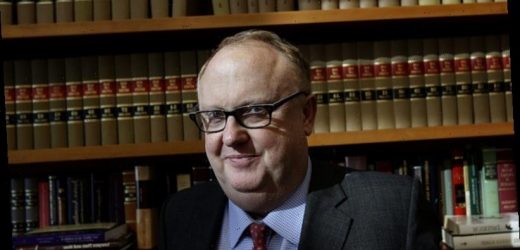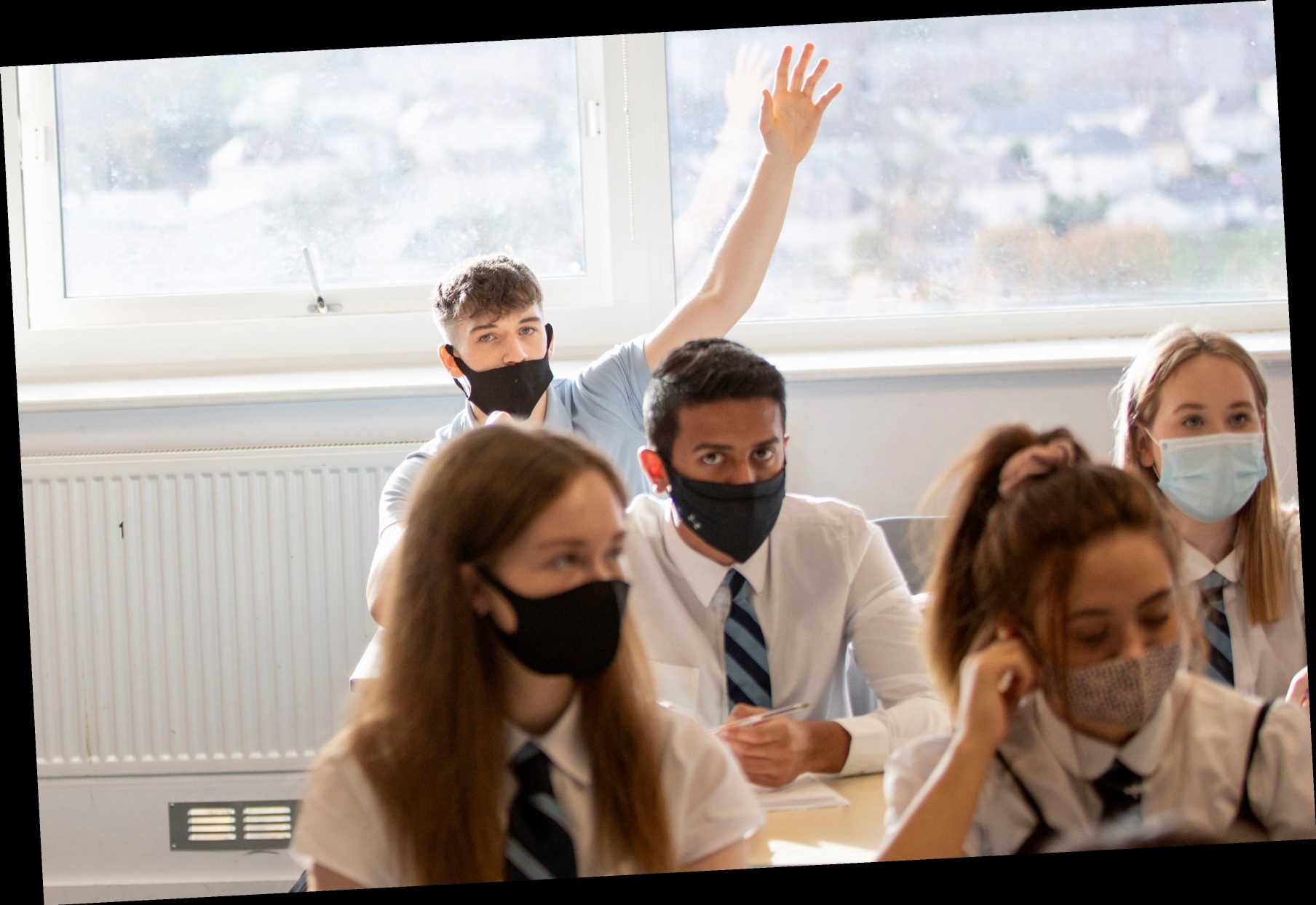Senior lawyers say an independent, confidential inquiry into allegations that a Cabinet minister raped a 16-year-old girl more than 30 years ago would be possible and could be conducted in a way that protected the man’s right to a presumption of innocence.
Prime Minister Scott Morrison on Monday gave no indication that he would consider such an inquiry, saying that it would be wrong to ask the minister to step aside and that the issues raised should be left to the police to investigate.
Geoffrey Watson, SC, pictured here in 2013.Credit:Rob Homer
However the NSW police, who received a complaint from the woman last year, are unlikely to investigate, given the complainant died by suicide in June last year, four months after her report to police. The woman’s allegations of rape in 1988 have also been sent to the Australian Federal Police, although criminal matters are normally the responsibility of state police forces.
Geoffrey Watson, SC, a former counsel assisting the NSW Independent Commission Against Corruption and now the director of the Centre for Public Integrity said the federal government could mirror the framework established for the confidential inquiry into sexual harassment allegations made against Dyson Heydon, a former High Court judge.
In that case, the High Court commissioned a former Inspector-General of Intelligence and Security, Dr Vivienne Thom, to run the investigation, which was confidential and involved interviews with a dozen witnesses. After the investigation, High Court chief justice Susan Kiefel released a statement that said the inquiry had found Mr Heydon had sexually harassed six woman.
Mr Watson said that in the current case, the woman’s death did not preclude an inquiry, which could use contemporaneous notes or statements from people to whom she disclosed the allegations.
“The strict rules of evidence would not apply [in an inquiry]. They don’t apply in a royal commission or a coronial inquiry either, but obviously due to the fairness to the person subject to the allegations you’ve got to look at whether or not the evidence is credible and reliable and the law has been dealing with that problem for a thousand years,” he said.
He said given the allegations were against a Cabinet minister, sitting “at the pinnacle of our [political] system” it was “serious enough to warrant this kind of investigation and that could be good for the alleged perpetrator as well, because if there is nothing in the complaint then it would be good to know”.
Australian Law Alliance’s national criminal justice spokesman Greg Barns, SC, agreed an external, confidential and independent investigator could work in a similar way to the investigation into allegations against Mr Heydon.
“Someone with independence and gravitas that you can be assured will be thorough and completely impartial,” Mr Barns said.
Perth lawyer Tom Percy, QC, said the cabinet minister faced an allegation that could destroy his reputation. But he supported an investigation if it was conducted anonymously “until it is assessed as having any concrete factual basis or any real prospect of substantiation”.
“To do otherwise would be to ignore the cardinal legal concepts of the presumption of innocence and the burden and standard of proof.”
The circumstances surrounding the woman’s death could also be investigated by the South Australian coroner. The woman died in Adelaide and police are preparing a report to the coroner.
Amy Davis, a criminal lawyer and former senior counsel assisting the South Australian coroner, said if an inquest occurred into a suicide such as this, it would be less about whether the alleged rape occurred, and more about what the systems such as police or mental health services may have contributed to the death.
“It’s not making decisions or having thoughts about whether or not the event occurred or who was involved in that, it would be looking at the aftermath,” Ms Davis said.
Sydney criminal lawyer Phillip Boulten, SC, said that if the minister stood aside, he would identify himself.
However, while he remains nameless, a shadow hangs over every male member of cabinet, he said.
Mr Boulten said a criminal investigation was not out of the question. Documents and oral statements can be admitted in criminal proceedings if they were made shortly after the event and in circumstances that make them likely to be reliable.
There are recent examples in Victoria where alleged rapists were prosecuted after complainants died. Those cases involved multiple complainants and DNA evidence.
Michael Bradley, the managing partner of Marque Lawyers and the lawyer who helped the woman report to police, said a criminal prosecution was not going to occur because his client did not make a formal statement to police before she died.
Mr Bradley supported an independent inquiry, but one that had powers to compel witnesses to give evidence and produce documents.
“[Such an inquiry] Can give everyone, particularly the accused man, procedural fairness and is done in such a way which is transparent and with integrity so the public can have faith so whatever the outcome is, it’s a resolution they can trust in,” he said.
National Sexual Assault, Family & Domestic Violence Counselling Line: 1800 737 732. Crisis support can be found at Lifeline: (13 11 14 and lifeline.org.au), the Suicide Call Back Service (1300 659 467 and suicidecallbackservice.org.au) and beyondblue (1300 22 4636 and beyondblue.org.au).
Start your day informed
Our Morning Edition newsletter is a curated guide to the most important and interesting stories, analysis and insights. Sign up to The Sydney Morning Herald’s newsletter here, The Age’s here, Brisbane Times’ here, and WAtoday’s here.
Most Viewed in National
Source: Read Full Article



